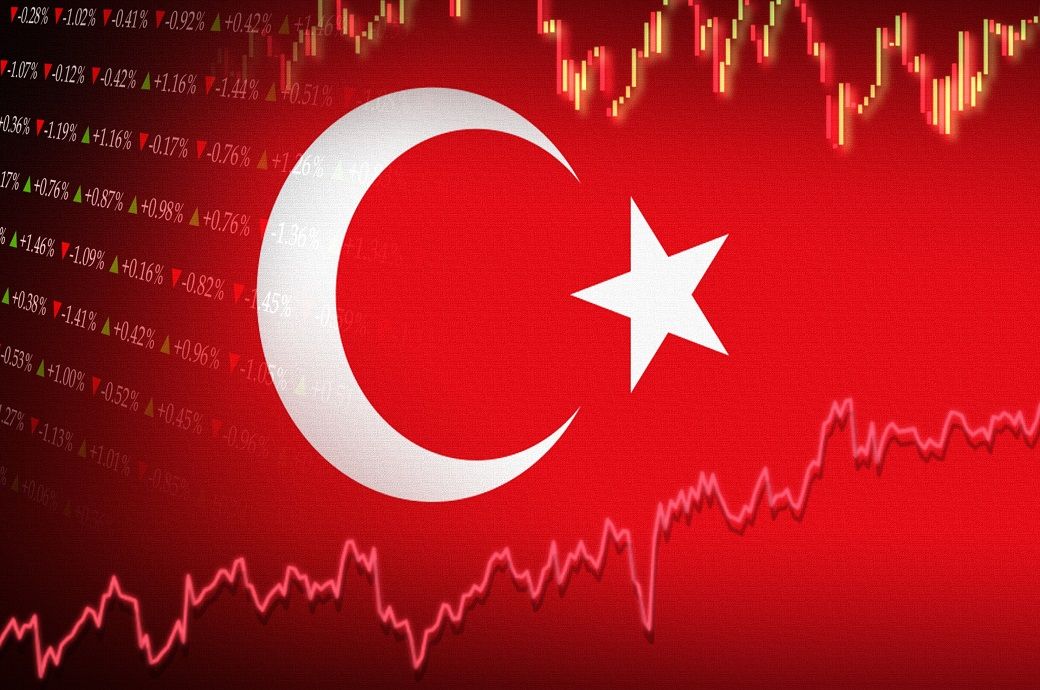
The imprisonment of Istanbul mayor Ekrem Imamoglu on charges of corruption and terrorism has prompted large protests across various cities, and that led to financial market volatility, including lira depreciation pressures and higher government bond yields.
International reserves fell to $163.1 billion in the week ending March 21 from $171.1 billion the week before. The central bank’s net foreign asset position shows that the reserve decline continued until March 25, but has since eased, Fitch noted.
The rating agency believes that Turkiye has the capacity to manage the current level of volatility given the stated commitment to the current policy mix, its assumption that economic authorities, notably the central bank, have room to tighten monetary policy if necessary, a low current account deficit and stronger reserve buffers than during previous instances of stress.
The scale of the reserve decline since March 19 highlights the risks from heightened political uncertainty, and the resulting challenges policymakers face in preserving the gains from their rebalancing programme, notably reduced forex vulnerabilities, sustainable disinflation and rebuilding policy predictability, Fitch Ratings said in a release.
It is unclear how and when the current political uncertainty might be resolved, it said. Prolonged or increased uncertainty could weaken investor confidence, leading to periodic market volatility, sustained pressures on the lira and international reserves, deterioration of inflation and exchange rate expectations, ,and higher dollarisation.
The rating agency already expected de-dollarisation to slow in 2025 in its most recent sovereign rating review on January 31, when it affirmed Turkiye at ‘BB minus’/stable, making further reserve accumulation dependent on capital inflows.
Further lira weakness would present risks to its most recent forecast, in its Global Economic Outlook March 2025, that inflation will fall to 25 per cent by end-2025 from 44.4 per cent last year.
ALCHEMPro News Desk (DS)
Receive daily prices and market insights straight to your inbox. Subscribe to AlchemPro Weekly!